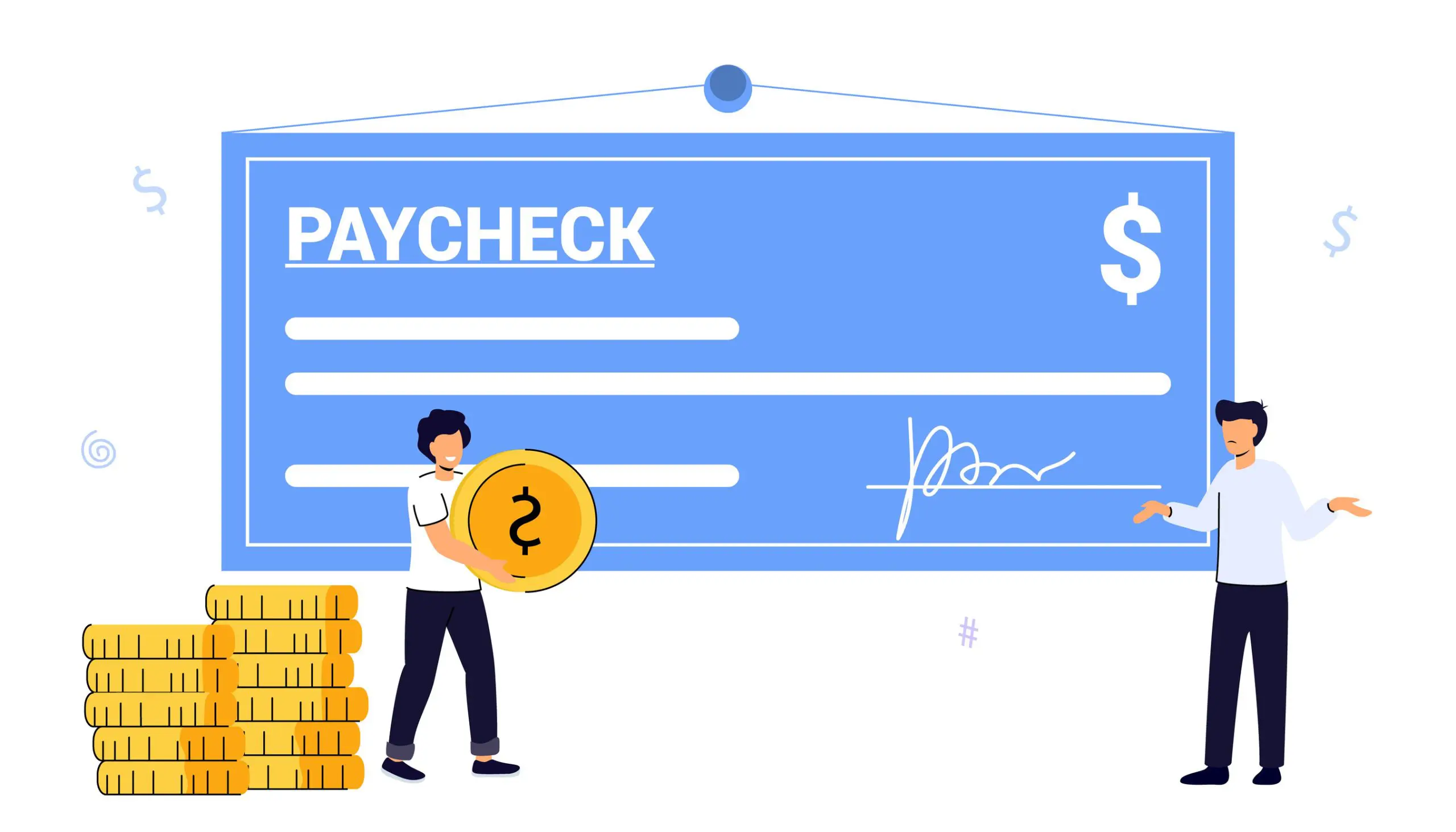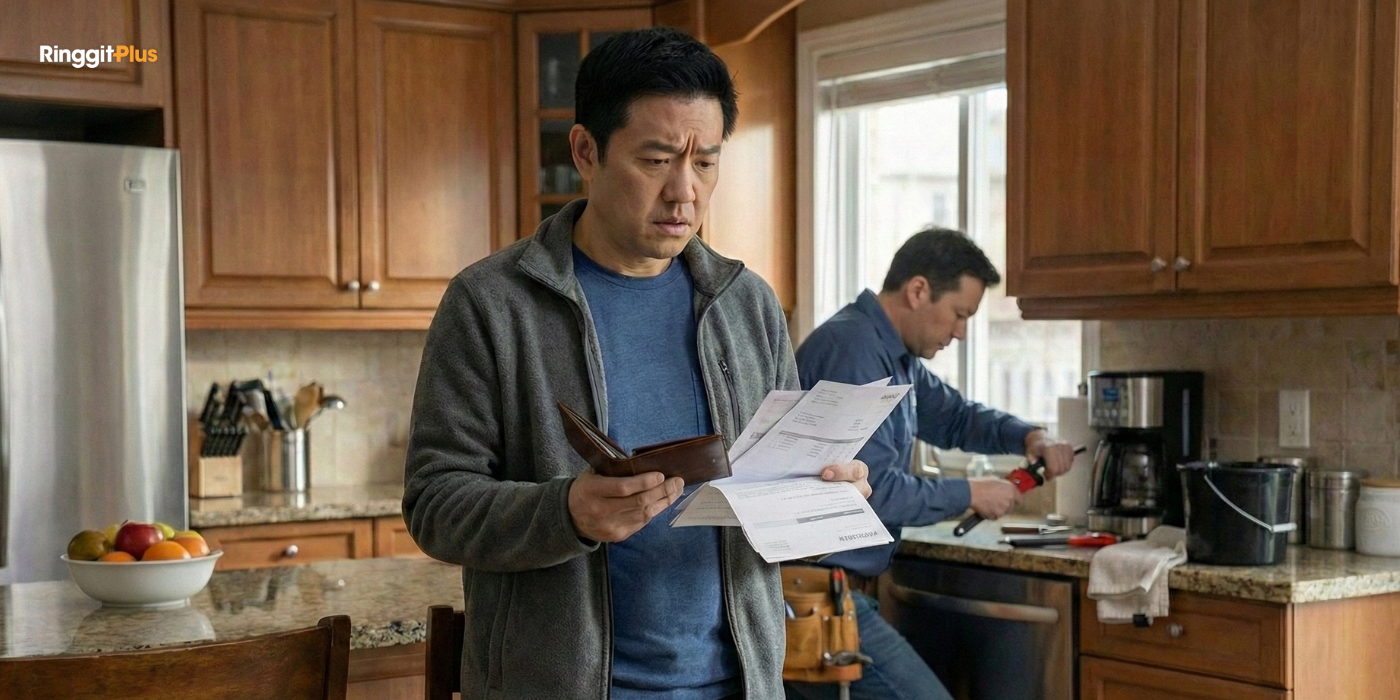Jacie Tan
4th December 2020 - 11 min read

Recently, Bank Negara Malaysia (BNM) held a financial literacy webinar featuring Hann Liew, Co-Founder of RinggitPlus and Suraya Zainudin, Founder of RinggitohRinggit.com. During this session, attendees were encouraged to send in their questions on all things personal finance related to finally get some answers from the experts.
Here is a collection of the Q&A from the webinar, with answers provided by Hann Liew, who is also a certified financial charterholder.
How do you define financial freedom?
Professionally, I’d define it as the ability to live life, without having to consider the financial aspect of living. For some, it’s sufficient wealth to generate income which will always exceed expenses; for others it’s a lump sum which they feel will outlive them, even as they live life (and spend money accordingly) to the full.
Personally, I’d say whatever combination of wealth or investment income which doesn’t require you to work if you don’t want to.
Do Malaysians need a Licensed Financial Planner?
As a licensed financial planner myself, I’d argue that it might be costly not to have one! Regardless of your income or wealth level, the amount you’d spend on a financial plan(ner) which matches your financial goals will likely be less than the amount of mistakes that I’ve seen many households make on average.
What do you think about earning more than one income and side hustles?
Best way to think about this is that no matter who you are, you generally “spend time to make money”. If you find that spending more time on your current job generates you more money – through increased skills and better work output leading to better pay prospects – then maybe focus more on that!
If not, then use the extra hours (above your working hours) on your side hustle. For example – if you make RM20 an hour at work, and every extra hour you spend may result in your income becoming RM25 an hour (as a result of a quicker promotion or increment), rather than your side hustle which makes you RM10 an hour, why not choose the former!
How can I manage my spending on a tight budget?
Here are a couple of tips to ensure you can manage your budget effectively.
Pay yourself first. To ensure that you can save something each month, why not make yourself (or your retirement fund, or savings fund) into a “bill”? That way you can freely spend the rest!
The pigeonhole method. This method entails creating separate accounts for your spending categories. On a tight budget, it’s even more important to make sure you spend exactly what you allocate. For example, if you budget RM500 on groceries, RM300 on transport, and RM400 on eating out monthly, why not put it into 3 separate bank accounts and spend from each category as appropriate.
What is your advice for fresh graduates receiving their first salary? Apart from all the priority expenses, what should be done with the balance?
If you’ve planned well enough to have a savings balance, well done! The first thing you might want to consider is to start an emergency fund. Build up savings to an amount somewhere between 3-6 months of your monthly expenses, as backup in case of emergencies.
You don’t have to stick all (or any) of it in a basic savings account, you can also consider some similarly less risky but higher returning assets such as bond funds or ASNB funds which are fixed price funds.
How can we educate people to gain more income from the financial market rather than pile on their commitments to financially survive the current situation?
I would argue that while education is important (ie hopefully we can educate ourselves on the importance of savings and investments for future retirement), it’s equally important to act in ways which don’t require too much thinking. For example, setting up direct debits from your main account into an investment account, essentially treating yourself like a utility/phone bill and that will remove the stress of having to worry about it!
I am in my 20s. Besides EPF contributions, do I start saving for retirement now? How much must I save?
It’s never too early to start! If you’re starting early, the more you save, you will either have a much more comfortable retirement or a much earlier one, depending on your retirement goals. Why? Every RM saved today compounds over the next 20-30 years, such that you’ll need to save less than someone starting at say 35 or 45 years old to end up with more wealth on retirement. So save as much as you can!
What skills we should acquire during the pandemic in order to sustain ourselves in a side hustle?
No matter which industry you’re in, I believe that the following skills will be relevant in the post Covid-19 age:
- Digital skills. Not just things like coding and digital marketing (those are specialised skills), but transferable ones including content creation, remote working, and project management. As more and more companies transition to a world without crowds, this becomes important to any industry!
- Food preparation skills. Despite crowding in restaurants becomes less common vs. eating at home, the demand for quality food remains!
- Financial management. Regardless of who you are, if you can make the most of your money (whether earning or spending or saving), you will go a long way towards “sustaining” yourself better financially!
What do you think about the relationship between financial problems and overall well-being among Malaysians?
Speaking about finance and relationships, recent data showed that financial issues account for over 43% of the top reasons for divorce among Malaysian couples. So it becomes ever more important to ensure that financial stresses and successes are shared openly and transparently between partners!
Would it be wise to take out a personal loan to help me with my financing and debts?
It would make sense only if the following is true:
- The new personal loan has a lower interest rate than your other debt (then you pay less interest overall);
- The new personal loan is to cover those debts only and not to increase your total amount of indebtedness.
Any tips on how to be a smart spender – especially for online shoppers?
I always go with the following 3 questions to be a smart shopper:
- Can I afford it? If you can’t, then obviously don’t!
- Do I need it? If you don’t, then maybe wait to see if you still want it after a while.
- Can I get it cheaper elsewhere? Shop around for discounts or lower prices, and combine credit cards with e-wallets and cashback sites like Shopback to double or even triple dip! Even a 5-10% combined saving goes a long way!
In this challenging time, should we consider refinancing our mortgage to get some extra cash in the event of emergencies?
I would definitely consider doing that if you don’t currently have an emergency fund available. To add to that, I’d go one step further to refinance your mortgage with a flexible mortgage (in Malaysia it’s called Flexi-loan), so that you can then store the money back in the offset current account and pay effectively 0% on that emergency! If the amount is low (versus your home value) you might want to consider other financing options such as a credit card with a low interest cash-on-call facility (say at <5% p.a. Interest) as things like home loan stamp duty and legal fees might make the whole process a little more expensive than those other options.
I plan to refinance my house for a loan of RM500k so that I can repay my mortgage loan – is it advisable? Is this a good time to make big purchases, such as a car or a house?
If you can get a lower interest rate and pay lower over the lifetime of your new mortgage (after including fees like loan legal fees and loan agreement stamping fees) than your current home loan, then I’d say go for it! As for using the money for other purchases, if you had already decided to buy a new car or new house anyway then I’d say mortgage refinancing is one of the cheapest ways to do so (ie, I would not recommend buying things just because you had access to the refinancing).
Is buying a house during this time is a good thing?
Without understanding the circumstances of you buying a house, it’s hard to say. If you’re buying a house for your own stay for the long term (>10 years) then I would argue that you should probably not be “timing” the market.
Do you think ILP is a good way to get insured and investing at the same time?
Investment-linked policies are designed for people who:
- Would like a combined insurance and long term investment plan in one monthly or yearly payment without having to think about allocation between the two or within the two; and
- Would like a servicing insurance agent for organising claims and other matters related to the policy.
For the privilege of the above, you will be paying fees between between 100% and 160% of your first year premium to the insurer over the life of the policy (to pay for both the agent and the investment management function). So if your policy amount is RM3,000 yearly you can expect RM3,000 to RM4,800 over the life of the policy.
Most people who can do without the two services above will find that they can save the majority of those fees by buying their own non-investment-linked insurance policies as well as investing in diversified investment assets. I would also argue that you are almost guaranteed to beat the returns on those ILPs, purely on fees alone. The choice is, as they say, ultimately yours.
I don’t do investment regularly but rather lump sum. What you think is a good method of investment for unit trusts?
While ad-hoc lump sum investment is definitely less preferable to regular investments due to the fact that you don’t risk timing the market poorly, time-in-the-market is far preferable to any other strategy. I would say if you have a long time horizon till retirement or when you need your investment money, to just put it as it comes (even if its 6 monthly, yearly or even less frequent) as the effects of timing will be smoothened out over a long period of time.
Should I invest in a safe-heaven asset like gold?
Gold is a feature in many investor portfolios so I would certainly consider it in a diversified portfolio of stocks bonds and other investment assets.
With the current low FD rate, what are the low-risk saving or investment options that we can consider?
For those who wish to take low to no risks, there are indeed several options, ranging from High Interest Savings Accounts (can be as high as 4-5% p.a.) to Fixed Price Funds (like ASNB) to Bond Funds. I’ve actually broken this all down here.
What is the best investment for retirement purposes, assuming age above 40 with all loans settled?
I have to make a guess here and say that you are 20 years away from retirement, assuming you want to retire at 60. This makes your time horizon still fairly long, which means you can take a little more risk than I might have otherwise suggested, something like a 60% stocks/growth assets 40% bonds/income assets portfolio which you can save all the money which would have otherwise gone to financing your debt.
What are your thoughts on taking out EPF savings to spend now?
It’s simple – if you need it now for things like food and rent, then take it out now. If you don’t, leave it in unless you have a long time horizon and want to use the EPF money to invest in slightly higher investment risk assets (and ideally with a Licensed Financial Planner to assist).
EPF (including Account 1) is designed to give conservative returns (in today’s world thats 5-7% p.a.) over the long term. This is fine for most people, except perhaps those who can afford to take higher risks (such as young people and those with long time horizons or higher risk appetites).
How can the B40 group get financial security via Takaful? Most of them couldn’t afford to commit to the monthly payment.
I would argue that you should buy to your need. Those in the T20 segment will be buying coverage in the RM100,000s for RM100s monthly, but if you’re in the B40 segment you probably don’t need as much life coverage to replace your income should you lose your life or be permanently disabled. Plans might start from RM10/month for those in that segment.









Comments (0)